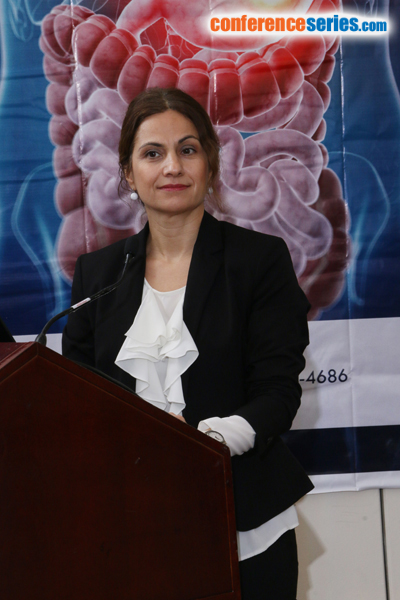
Gülen Arslan Lied
Haukeland University Hospital, Norway
Title: An overview of potential pathophysiological mechanisms in food hypersensitivity
Biography
Biography: Gülen Arslan Lied
Abstract
Majority of the patients with perceived food hypersensitivity have irritable bowel syndrome (IBS), and a significant proportion of IBS patients also attribute their gastrointestinal complaints to food items. Different factors such as disturbed intestinal fermentation, enteric dysmotility, post-infectious changes and altered microbial flora in the colon as well as psychological disturbances likely play a role in the pathophysiology and symptoms generation in patients with food hypersensitivity. The management of these patients should be interdisciplinary.
The results of our more than 10 years’ interdisciplinary research program dealing with such patients showed that food allergy was seldom diagnosed despite extensive examinations. The majority of the patients fulfilled the diagnostic criteria for irritable bowel syndrome. In addition, most suffered from several extraintestinal health complaints and had considerably impaired quality of life. However, psychological factors could explain only approximately 10% of the variance in the patients’ symptom severity and 90% of the variance thus remained unexplained. Intolerance to low-digestible carbohydrates was a common problem and abdominal symptoms were replicated by carbohydrate ingestion. A considerable number of patients showed evidence of immune activation by analyses of B-cell activating factor, dendritic cells and “IgE-armed” mast cells. In addition, a number of other studies in these patient groups indicate that local, systemic and mucosal immune systems are activated. During the presentation, the role of these potential factors including management of these patients will be reported in patients with perceived food hypersensitivity.

